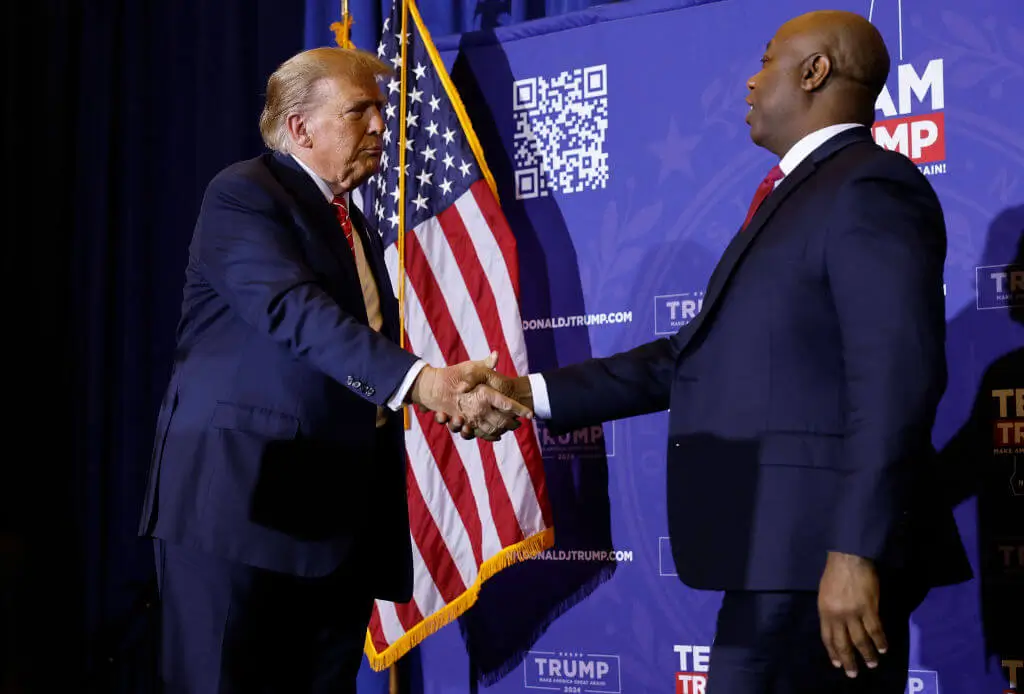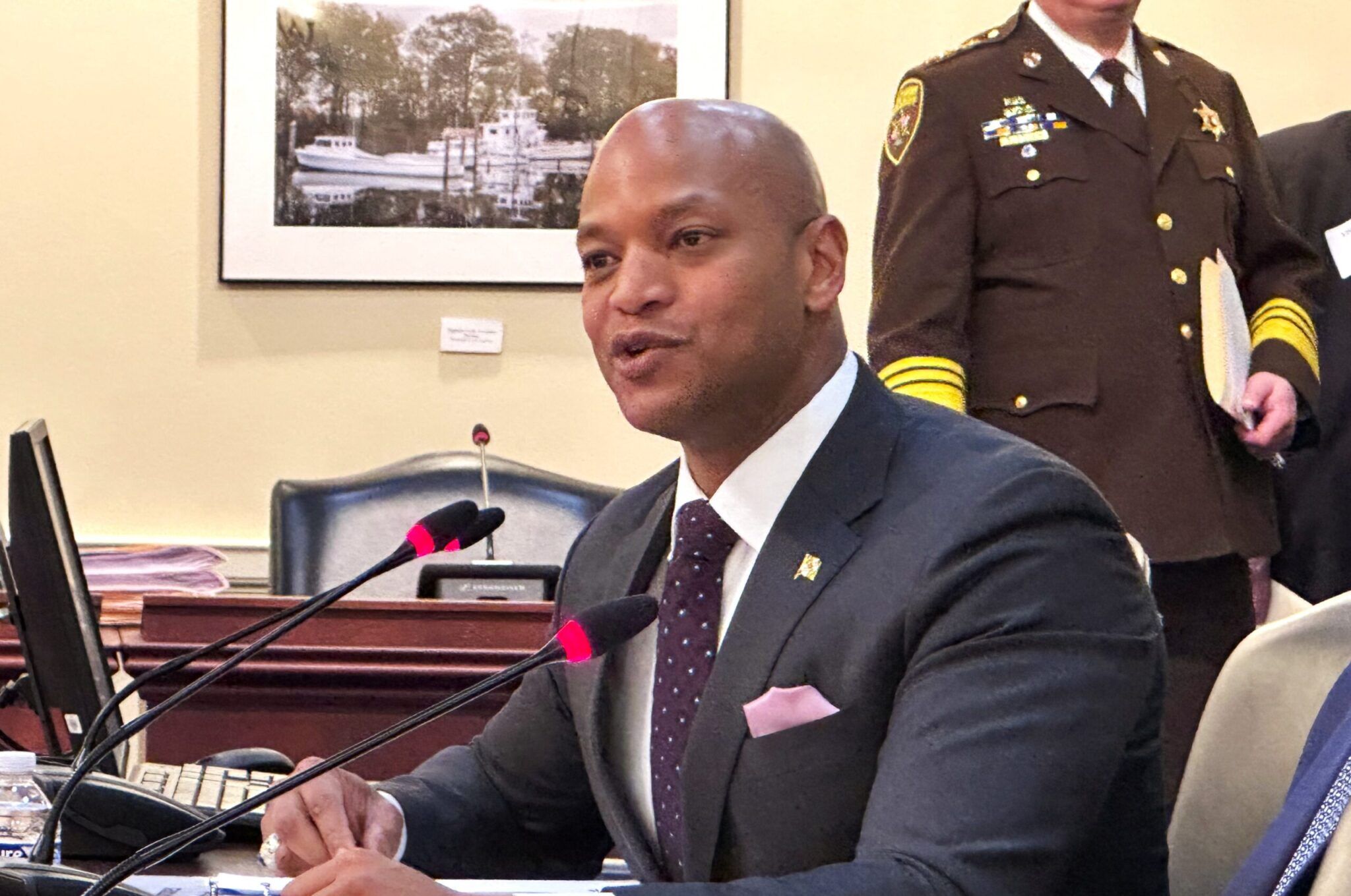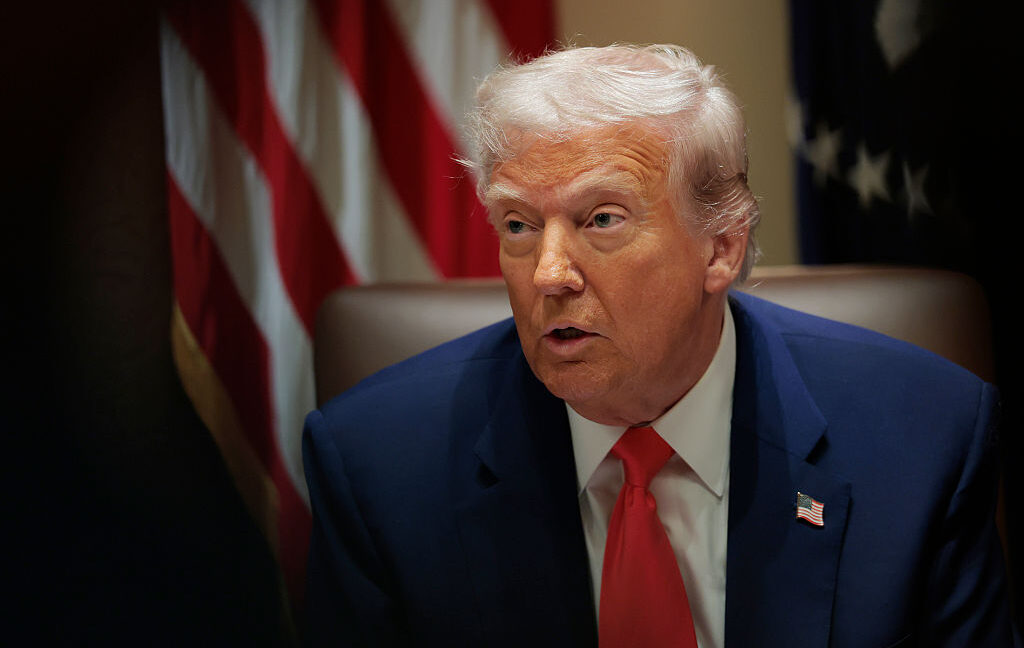Donald Trump and his White House have moved to deport green-card holders for espousing pro-Palestinian views, shipped hundreds of migrants to a notorious Salvadoran mega-prison without due process (in defiance of a judge’s order), and are now publicly musing about sending United States citizens to prison in El Salvador.
Trump said last weekend he would “love” to send American criminals there — and would even be “honored” to, depending on “what the law says.” White House Press Secretary Karoline Leavitt confirmed this week that the president has discussed this idea privately, too, adding he would only do this “if it’s legal.” El Salvador’s president, Nayib Bukele, has for months been offering to hold U.S. citizens in his country’s prison system, which he has turned into “a judicial black hole” rife with “systematic torture,” as one human rights advocate recently told Rolling Stone.
Legal experts agree that sending American citizens to prison in El Salvador would be flagrantly illegal under both U.S. and international law — and that the idea itself is shockingly authoritarian, with few parallels in our nation’s history.
The Trump administration is indeed discussing this idea behind the scenes, two sources familiar with the matter confirmed to Rolling Stone. In their most serious form, these conversations have revolved around attempting to denaturalize American citizens and deport them to other countries, including El Salvador.
“You can’t deport U.S. citizens. There’s no emergency exception, there’s no special wartime authority, there’s no secret clause. You just can’t deport citizens,” says Steve Vladeck, a legal commentator and law professor at Georgetown. “Whatever grounds they try to come up with for denaturalization or expatriation, the one thing that is absolutely undeniable is that people are entitled to individualized processes, before that process can be effectuated.”
In the United States, the grounds to strip a naturalized individual of their citizenship encompass serious material offenses. They include: committing treason or terrorism, enlisting in a foreign military engaged in opposition to the United States, or lying in applications for citizenship or as part of the naturalization process.
Experts say any effort from the Trump administration to denaturalize citizens is unlikely to succeed in court. “Denaturalization is not an easy process,” says Sirine Shebaya, executive director of the National Immigration Project. “To the extent that there is Supreme Court precedent on it … nobody has been inclined to give expansive powers to strip people of their citizenship without any kind of due process. So that is a place where it feels a little bit more like an aspirational effort or something that’s more about sowing fear in communities, and making people feel insecure, and making people from certain parts of the world feel like they’re not welcome here.”
Stephen Yale-Loehr, a retired immigration law professor at Cornell University, tells Rolling Stone he worries Trump could try to deport citizens anyway, court precedent be damned, given how the administration seems to be “attacking on all fronts and worrying later whether their actions are legal. So unfortunately, it would not surprise me if we saw at least one plane load of incarcerated U.S. citizens being shipped off to El Salvador.”
Shortly after stepping back into office, Trump personally directed at least one lawyer working in his administration to look into deporting American citizens via denaturalization processes, telling aides that it is a “good idea” for certain cases, according to one of the sources, who is a Trump appointee. In one of his many Day One executive orders, Trump instructed his administration to move on cases described in a federal statute regarding “revocation of naturalization.”
Several of Trump’s most important advisers, including White House Deputy Chief of Staff Stephen Miller, continue to internally advocate for mass-denaturalization initiatives that they believe were squandered in Trump’s first stint in the Oval Office.
For instance, the sources add, Trump administration officials have discussed possibly denaturalizing and deporting activists and other individuals whom they label as having committed so-called “fraud” on their applications for citizenship by subsequently supporting what Team Trump decides are “pro-terrorist” causes or groups — similar to the specious arguments they’ve made to justify stripping pro-Palestine student activists of their green cards or visas.
According to these sources, Trump administration attorneys and some senior appointees have also discussed potential legal justifications and technicalities they can exploit for denaturalizing citizens who are accused or convicted of certain crimes, especially if the Justice Department or other offices deems their offenses to be gang-related.
The administration has already tried to justify deporting Venezuelan migrants to El Salvador under the Alien Enemies Act — the notorious 1798 law used to justify the internment of Japanese Americans during World War II — by claiming the men had ties to gangs. As CBS News’ 60 Minutes has reported, the vast majority of the men who were sent to El Salvador “have no apparent criminal convictions or even criminal charges.” Some of the allegations appear to have been based entirely on the migrants’ completely anodyne tattoos and apparel.
In recent weeks, largely due to the president’s influence, some of the discussions among Trump officials and administration lawyers have touched on the idea of potentially sending some of these denaturalization targets to brutal facilities in El Salvador, the sources add.
“It’s not like we would send everybody there — but depending on the case, it can be an option,” says one of the people familiar with the matter, adding that “this is a standard process of exploring legal options, as all administrations do one way or another.”
What’s to stop the administration from using the same pretext they used to send people to El Salvador — and claiming “that these U.S. citizens are the worst offenders?” asks Kica Matos, president of the National Immigration Law Center. “They could start engaging in the same kind of pretextual deportation of people, for whom the offenses at the end of the day might have something to do with what you say, how you live your life, what tattoos you have on your body.”
She adds that “this is all about this administration testing the bounds of the law and trying to consolidate their power by advancing unconstitutional laws and policies, starting with immigrants.”
There are some influential figures in Trump’s orbit — a number of whom the president himself listens to and solicits advice from — who want him to use the hammer of state and executive power to do something big and truly unprecedented.
Mike Davis, a close Trump ally and a fixture among the MAGA legal elite, tells Rolling Stone, “I have advocated very publicly that if you are a current Hamas supporter and you were naturalized within the last 10 years, the Justice Department should move forward with denaturalization proceedings to get them the hell out of our country. Denaturalization has been on the books for a very long time. If you lie on your citizenship application, denaturalization is a consequence.”
When asked if there is any precedent in the last several decades for this kind of crackdown effort, he replies: “I hope this is groundbreaking. I hope Trump and his team are trail blazers on this. Hamas supporters can go to hell and in the meantime they need to get the hell out of our country.”
Though he declined to get into his private conversations with Trump or his administration officials, Davis says: “The president and his team appreciate both my private and public recommendations.”
It would not be Trump’s first attempt to carry out a broad denaturalization policy. In February of 2020, the first Trump administration authorized the creation of a “Denaturalization Section” under the Civil Division of the Department of Justice aimed at — according to a DOJ press release — bringing “justice to terrorists, war criminals, sex offenders, and other fraudsters who illegally obtained naturalization.”
The program was not shuttered by the Biden administration — which instead deprioritized it to the point of obscurity — but its structure and priorities reflect the current playbook that Trump officials are using to justify their disregard for civil rights law in their immigration agenda. The Trump administration’s assertions that the hundreds of migrants it dumped in El Salvador’s prison system were hardened criminals affiliated with transnational gangs and terrorist groups were shaky to begin with, and have continued to crumble in the weeks since their deportations.
Clashes with federal courts — and now the Supreme Court — are teeing up a battle of wills between the presidency and the judiciary.
After a judge ruled that the Trump administration needed to secure the return of Kilmar Abrego Garcia — a man they said they erroneously sent to El Salvador despite a protection-from-removal order barring him from being sent there — the Justice Department took the matter to the Supreme Court.
The conservative-dominated court ruled unanimously, 9-0, that the Trump administration must “facilitate” Abrego Garcia’s release in El Salvador and return to the United States. The justices told the Justice Department to “be prepared to share what it can concerning the steps it has taken” to bring back Abrego Garcia. (The justices did take issue with the lower court’s demand that the Trump administration additionally “effectuate” Abrego Garcia’s return, calling that wording “unclear.”)
“You had the Supreme Court unanimously reaffirming that [the] federal courts have the power to look into cases like Abrego Garcia’s,” Vladeck says of the decision. Despite the ruling, the Trump administration is now, as Vladeck puts it, “trying to drive a Mack truck through a five inch wide remand.”
On Friday, Trump’s Justice Department refused to comply with the lower court’s demand that it provide an update on its efforts to bring Abrego Garcia back to America. The administration complained in a court filing Friday that it had been afforded an “insufficient amount of time” to review the Supreme Court’s order, and additionally argued the lower court “has not yet clarified what it means to ‘facilitate’” Abrego Garcia’s release.
Leavitt, the White House press secretary, was separately asked Friday if the administration would time Abrego Garcia’s return to a high-profile visit by Bukele, the Salvadoran president, to the White House on Monday. Leavitt countered that “the Supreme Court made their ruling last night very clear that it’s the administration’s responsibility to facilitate the return, not to effectuate the return.”
Trump, for his part, suggested Friday evening on Air Force One that he would follow the Supreme Court’s ruling to bring Abrego Garcia back to the U.S. “If the Supreme Court said bring somebody back, I would do that,” Trump said. “I respect the Supreme Court.”
To this point, his administration has not yet followed the high court’s order to “facilitate” return of a man whom, by the government’s own admission, it wrongfully deported and imprisoned in a foreign gulag.
“The problem that we’ve seen over the last week is a series of Supreme Court rulings that have gone out of their way to not endorse what Trump is doing, but also created these procedural artifices that have in some respects thwarted what the lower courts are doing,” Vladeck explains. “At this point, what is it going to take for a majority of the Supreme Court to treat the government’s behavior with the kind of contempt that the government is treating the lower courts?”
“Maybe that’s the Supreme Court’s end game here is to exhaust every other possibility before provoking a direct confrontation [with the president],” Vladeck adds. “But I think two things should be said about that. One, that’s a dangerous game unto itself; and two, in the interim, real people suffer.”
On a related note, Politico reported Friday evening that former Blackwater CEO Erik Prince and other government contractors are urging the Trump administration to hire them to transport tens of thousands of immigrants in U.S. custody to prison in El Salvador — and that this idea will likely be discussed when Trump and Bukele meet on Monday. Plenty more suffering could be on the way.
















